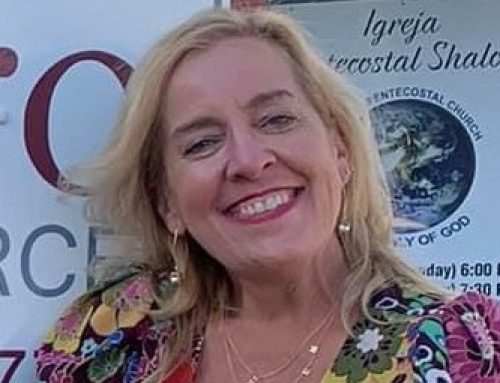As business owners, we often embrace a traditional model that focuses on maximizing profits.
But what if we had a better way? What if that model involved creating more value, attracting more customers and partners, healing the planet, and increasing the well-being of everyone it affected?
Former Unilever CEO Andrew S. Winston explains it’s the only model to follow in his book, “Net Positive: How Courageous Companies Thrive by Giving More Than They Take” (Harvard Business Review Press, 2021). It was named one of the best business books of the year by Bloomberg, Financial Times and McKinsey & Company.
“Purpose-driven companies run by purpose-driven leaders are better for society, outperform their peers, and attract the best people like moths to a flame,” he wrote.
Rise to consumer expectations
Consumers today expect even smaller businesses to follow social responsibility and sustainability practices. The Meaningful Brands report, released by global communications network Havas Group, found that 73 percent of consumers globally say brands must act now for the good of society and the planet. About 64 percent say they prefer to buy from companies with a reputation for purpose as well as profit — a jump of 10 percentage points since 2019.
Winston states that to thrive today and tomorrow, companies must become “net positive,” giving more to the world than they take. A net positive company improves the lives of everyone it touches, from customers and suppliers to employees and communities, greatly increasing long-term shareholder returns in the process. It also takes ownership of all the social and environmental impacts its business model creates.
More specifically, leaders of these ventures foster empathy and courage and:
• Ask, “What kind of world would we want if we did not know the circumstances we were born into?”
• Cultivate a sense of responsibility and duty to serve the world, and encourage people to bring their values to work
• Help people in the business find what they do uniquely for the world (their purpose)
• Embrace empathy, compassion and humility, and openly seek help and partnership from others
• Reward courage, speak truth to power, and do what’s right even if it costs
Get off the sidelines
Business executives have been playing it too safe and avoiding conflict on tough social and environmental issues, argues Winston. Times are changing quickly. While executives and owners may not always know when to say something, they might be forced into a position by employees or customers or events.
Sometimes, action is spurred by a moment of truth and inspiration. Winston writes about Ed Stack, CEO of Dick’s Sporting Goods, who was distraught by a school shooting, especially because his stores sold assault weapons. Stack said he kept thinking that day, “Somebody has to do something. This has to stop . . . I realized that somebody had to be me.” Dick’s decided to stop selling firearms to customers younger than 21.
Winston relates that the CEO of a large European automaker gave her board homework for a strategy session: Write a letter to your grandkids.
“In the end, finding our humanity at work is about knowing [whom] we work for, and what we’d want our loved ones to say about the way we’ve spent our lives,” he writes. “What would your letter say?”
Patricia V. Rivera is a marketing consultant and founder of Hook PR & Marketing, which focuses on helping changemakers build their brands – in print, digital and multiple languages. Visit www.hookpr.com or call 302-858- 5055.

